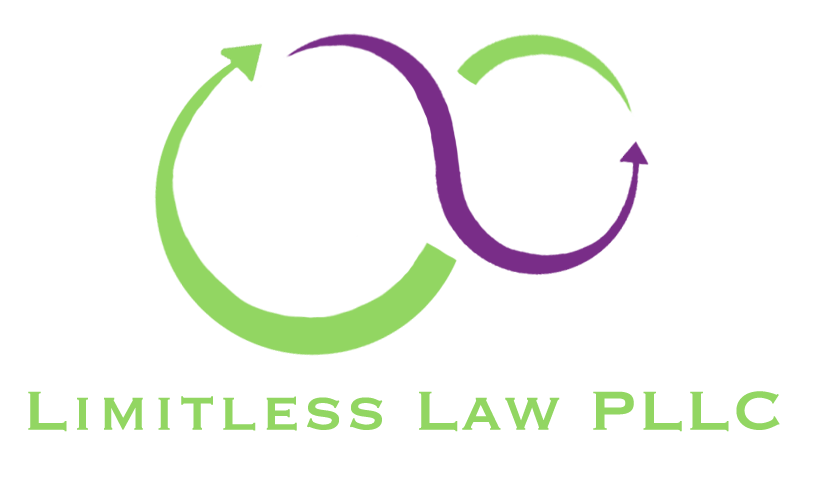Tax Debt Discharge
Bankruptcy can help you discharge both secured and unsecured debt, with a few exceptions for types of debt that are typically not dischargable in bankruptcy court. Many people do not know that you can actually include some past years' federal income tax debt in your bankruptcy proceedings. However, tax debt is not automatically discharged in a bankruptcy proceeding. Your tax debt must meet several criteria to be considered dischargeable.
In order to successfully discharge federal income tax debt in a bankruptcy proceeding, you must pass a couple of tests. The first test is if the income taxes were due more than three years prior to filing the bankruptcy. It is important to note that if you filed an extension with the IRS, it must be three years from the latest extension due date.
The second test is the 2 year test. In order to meet this requirement, you must have filed your tax return at least two years prior to the filing of a bankruptcy proceeding. The reason for this is that you can still discharge your debt even if you filed your tax return late.
The final test in order to discharge your income tax debt is the 240 day rule. The taxes must be assessed at least 240 days ago. Tax can be assessed after the taxes are filed. You can find when the taxes are assessed on your tax return letter. It is listed on your tax account transcript as code 290. As long as that day is more than 240 days before you file for bankruptcy, you can discharge those taxes. It is important to note that if you have an amended or corrected return or audit, the assessment date may be significantly later.
There are 3 things that can cause the 3-2-240 time requirements to have time added to it. The first is if you have made an offer in compromise. The second is having filed for bankruptcy previously. The final one is if you have obtained a taxpayer assistance order. All three of these things can suspend the time period of the 3-2-240 rules. If you get one of these things, then the time starts over, so pay careful attention to the timing of your federal income tax if you hope to get it discharged. Entering into a payment arrangement with the IRS does not suspend the time periods of the 3-2-240 rules. If you pass the 3-2-240 test, then you may be eligible to get your income tax debt discharged by the court.
If you are seeking legal assistance with debt settlement, probate, estate planning, adoption, real estate transactions, business law, or prenuptial agreements, please don't hesitate to reach out to the experienced team at Limitless Law PLLC. We're here to help.
Call 360-685-0145 or click here to learn more.






